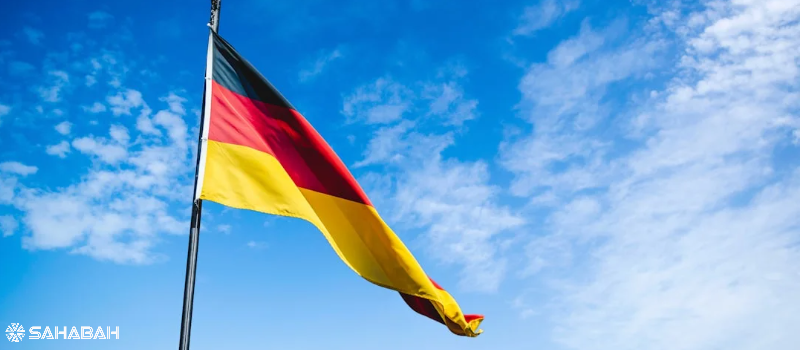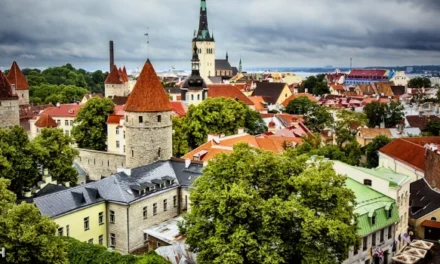The relationship between Germany and Israel is a complex and multifaceted one, shaped by a tumultuous history and evolving political, economic, and societal dynamics. As two nations with a shared past and a desire for a more peaceful future, the nature of their cooperation and support has been the subject of ongoing debate and scrutiny.
Historical Context: The Evolution of German-Israeli Relations
The aftermath of World War II and the Holocaust cast a long shadow over the initial interactions between Germany and the newly established state of Israel. Germany’s initial hesitation and gradual acceptance of Israel’s right to exist was a slow and often contentious process, marked by both diplomatic breakthroughs and setbacks.
Over the decades, however, the relationship has evolved significantly. Key milestones include the establishment of formal diplomatic relations in 1965, the signing of a reparations agreement in 1952, and the deepening of economic and cultural ties in the subsequent years.
Germany’s Official Position on Israel
The German government’s stance on the Israeli-Palestinian conflict has been one of general support for Israel, while also advocating for a two-state solution that would grant the Palestinians their own sovereign state. This position has been reflected in the policies and statements of successive German chancellors and foreign ministers.
The German parliament, or Bundestag, has also played a role in shaping the country’s approach to Israel, with various political parties expressing differing views on the nature and extent of Germany’s support. This has led to ongoing debates and discussions within the German political landscape.
Economic and Trade Ties Between Germany and Israel
Germany has emerged as a major trading partner and investor in Israel, with strong economic and technological cooperation in areas such as high-tech, innovation, and research and development. The impact of these economic ties has been significant, benefiting both countries and contributing to the overall strength of the German-Israeli relationship.
Societal Attitudes and Public Discourse
The German public’s perception of Israel and the Israeli-Palestinian conflict has been influenced by a complex mix of historical legacy, contemporary politics, and the role of media, academia, and civil society. While there is generally a high level of support for Israel, there have also been instances of criticism and concerns about anti-Semitism within certain segments of the population.
Controversies and Challenges
The German-Israeli relationship has not been without its controversies and challenges. Debates around Germany’s arms exports to Israel, criticism of Israel’s policies towards the Palestinians, and concerns about anti-Semitism and the protection of Jewish communities in Germany have all been sources of tension and ongoing discussion.
Germany’s Evolving Role in the Middle East
As a key player within the European Union, Germany has been increasingly involved in regional diplomacy and conflict resolution efforts in the Middle East. This has included attempts to facilitate dialogue and mediate between the various parties involved in the Israeli-Palestinian conflict, as well as broader engagement with other regional actors.
The Future of German-Israeli Relations
Looking ahead, the future of German-Israeli relations will likely be shaped by a combination of continued cooperation and partnership, as well as the potential for new areas of tension and the need for ongoing dialogue. Geopolitical shifts and global events will also play a role in shaping the trajectory of this important bilateral relationship.
By addressing these key aspects of the German-Israeli relationship, this comprehensive blog post provides a deeper understanding of the complex and multifaceted nature of this dynamic partnership. From historical context to contemporary challenges, it offers a well-rounded exploration of the factors that have influenced and continue to shape the ties between these two nations.
FAQ: Does Germany have support for Israel?
The German government under Chancellor Olaf Scholz has expressed strong diplomatic support for Israel.
What is the stance of Germany towards the conflict in Gaza?
Germany has condemned the attacks on Israel by Hamas and supports Israel’s right to defend itself.
Has Chancellor Olaf Scholz visited Israel during his tenure?
Chancellor Olaf Scholz visited Israel in October 2023 to discuss diplomatic relations and the situation in the region.
How does Germany view the Palestinian territories?
Germany recognizes the Palestinian territories and has supported efforts towards the liberation of Palestine.
Are there any historical ties between Israel and Germany?
Despite the troubled past, Israel and Germany have developed diplomatic ties and cooperation in various fields.
What is the German government’s foreign policy towards Israel?
The German government maintains a stance that supports peace and stability in the region alongside Israel.
How does Germany view the situation in the Gaza Strip?
Germany has condemned the violence and casualties in the Gaza war, advocating for a peaceful resolution to the conflict.





